US President Biden could be succeeded by a democratically elected illiberal administration beholden to violent and bizarre supporters. What would the implications of an illiberal America be for Australia?
Read more

US President Biden could be succeeded by a democratically elected illiberal administration beholden to violent and bizarre supporters. What would the implications of an illiberal America be for Australia?
Read more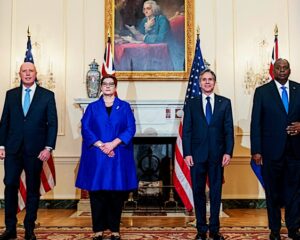
The nuclear submarine issue is simply a blind. AUKUS is just a distraction. The AUSMIN 2021 Joint Statement reveals the extent to which Australia is now entwined in US military war preparations.
Read more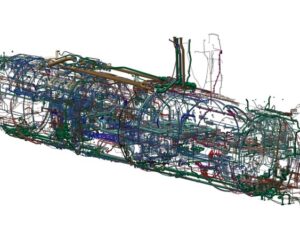
Leaving aside the potentially adverse strategic implications of Australia’s nuclear-powered submarine decision, for those who think a submarine capability is important, it is simply bad defence policy. Australian governments are now certain to be bedevilled by submarines for generations.
Read more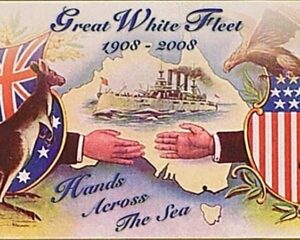
The key judgement Australian decision-makers need to confront concerns the sustainability of the United States’ great power status. Is America reaching a tipping point; an inflexion point where the upward great power trajectory it has been on for over a century is reversed?
Read more
Australia’s Indo-Pacific obsession hides a radical global geopolitical shift, and denies the reality that US hegemony has passed a tipping point. Increasingly, the decisive great power actor(s) in any situation will be context specific, with delineation of spheres of influence and shifting balance of power arrangements requiring Australia to be nimble, smart, and independent.
Read more
What are the ‘drums of war’ that senior Australian public servant, Michael Pezzullo, can hear? His words have been understood as echoing anti-China warmongering found among some commentators and hinting strongly at the current hysteria around Taiwan. So how did the Australian government deal with a senior public servant stepping into the political limelight in this way?
Read more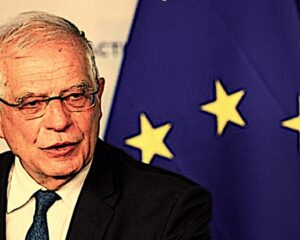
The Europeans won’t join with the like-minded allies massing behind America’s banner of democracy militant. While they will add theirs to other voices standing up for human rights, international laws and norms, and multilateralism, the EU won’t follow Biden’s clarion call into an all out multi-spectrum confrontation with China. Is there a lesson here for Australia?
Read more
On 1 April 2021, Australia’s Emissions Reduction Minister said at the International Energy Agency’s ‘COP26 Net-Zero Summit’ that “removing the price difference between current technologies and low or zero carbon solutions is the key to widespread global adoption” of low emissions technology – and that Australia was focusing on reducing the cost of ‘clean’ hydrogen.
Read more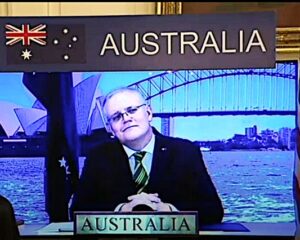
A new peer-reviewed study has found that the vast majority of Australian voters support climate action, but also highlights that more will need to be done to counter the fact that support for strong climate policy action may be limited by voters’ preparedness to incur personal costs, especially among older and conservative voters.
Read more
The first test flight of a pilotless fighter-like jet, by a Boeing and Royal Australian Air Force team, has taken place at Woomera in South Australia. The Boeing ‘Loyal Wingman’ is the first military plane to be designed and manufactured in Australia in more than 50 years.
Read more
Has an enduring predisposition to authoritarianism been activated in the US that will continue to destabilise its domestic politics? If so, the US could become an unreliable ally. Should Australia be imagining a post-alliance future?
Read more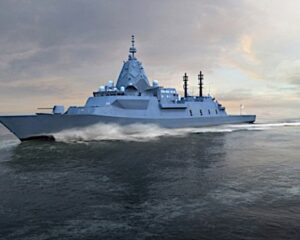
Why do weapons platforms keep getting bigger, more complicated, and more costly? In ‘Bloat and Warfare’ Jacob Parakilas makes some interesting observations about Canada’s new frigates, which are, like Australia’s proposed Hunter class frigates, based on the BAE Systems Type 26 frigate design.
Read more
Australia places ASEAN “at the heart of our vision for the Indo-Pacific”. But a powerful dynamic, unrelated to the Indo-Pacific concept, is drawing ASEAN countries closer to China. In future, Southeast Asia may at best be neutral, or may possibly be more closely aligned with China. ASEAN could then be central to China’s “vision”.
Read more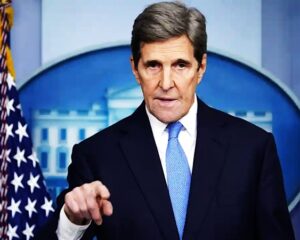
The United States officially rejoined the Paris Climate Agreement on 19 February 2021. The US Secretary of State, Antony Blinken, issued a Statement in which he called the rejoining “momentous”, but noted that “what we do in the coming weeks, months, and years is even more important”. You have seen and will continue to see us weaving climate change into our most important bilateral and multilateral conversations at all levels. In these conversations, we’re asking
Read more
President Biden’s recognition of climate change, and determination to shift science to the centre of climate policy is important, and welcome. But a program that “achieves a carbon pollution-free power sector by 2035 and puts the US on an irreversible path to a net-zero economy by 2050” will not be enough. Adaptation to a 3.0°C temperature rise this century must now be a focus for governments.
Read more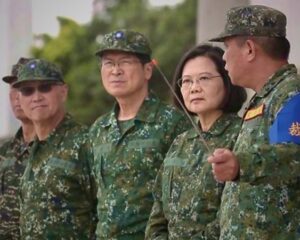
For Australia, the question of Taiwan remains a ‘wicked’ strategic problem. The Taiwanese have over time established strong claims for their autonomy. The US has a huge investment in Taiwan’s security, while not denying it is part of China. And defence of Taiwan could see the island devastated, the ANZUS alliance become irrelevant, and Australia’s security lost. Why would Australia go to war over Taiwan?
Read more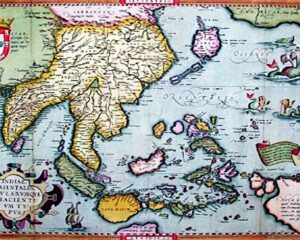
In the dying days of the most chaotically dysfunctional presidency in living memory, outgoing officials in Washington declassified the Trump administration’s Strategic Framework for the Indo-Pacific. At issue is not only the contents of this document, but the manner and timing of its release and further, what its reception in Australia says about Australia’s relationship with the United States, and whether it shapes expectations for the new Biden presidency.
Read more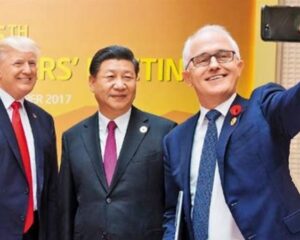
On 12 January 2021, the outgoing Trump administration released a declassified document titled em>United States Strategic Framework for the Indo-Pacific. The document was declassified some thirty years ahead of schedule to enable its early public release. This unusual step by an outgoing US administration has seen the emergence of a range of views on the merits of the document, and the intention behind its early release.
Read more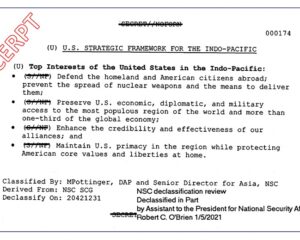
On 12 January 2021, the then US National Security Advisor, Robert O’Brien, released a declassified document titled the United States Strategic Framework for the Indo-Pacific. The document was declassified for release on 5 January 2021, thirty years before this was due, in the last days of the outgoing Trump Administration. What should an Australian analyst make of this document?
Read more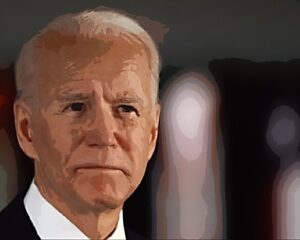
If President Biden produces a National Security Strategy in 2021, Australia should hope for a major shift away from that of President Trump. But not an uncritical return to the 2015 version of President Obama. If stability and a workable international system are the outcomes the Biden Administration seeks, then three deeply interwoven issues need to be given serious attention: leadership, democracy, and sovereignty.
Read more